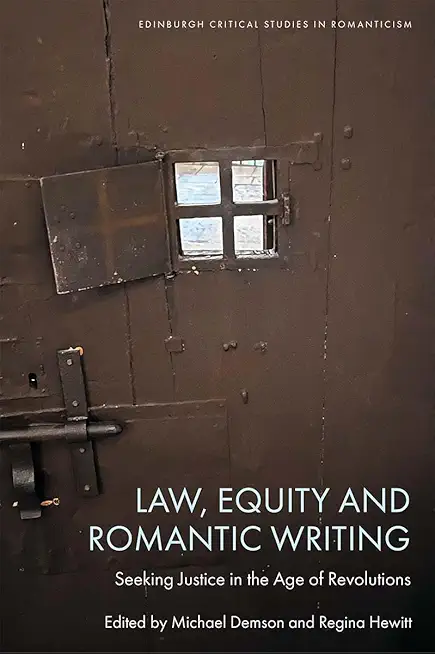
Demson, Michael
product information
description
xamines the activity of seeking justice through literature during the 'age of revolutions' from 1750 to 1850 - a period which was marked by efforts to expand political and human rights and to rethink attitudes towards poverty and criminality. While the chapters revolve around legal topics, they concentrate on literary engagements with the experience of the law, revealing how people perceived the fairness of a given legal order and worked with and against regulations to adjust the rule of law to the demands of conscience. The volume updates analysis of this conflict between law and equity by drawing on the concept of 'epistemic injustice' to describe the harm done to personal identity and collective flourishing by the uneven distribution of resources and the wish to punish breaches of order. It shows how writing and reading can foment inquiries into the meanings of 'justice' and 'equity' and aid efforts to humanise the rule of law.
member goods
No member items were found under this heading.
Return Policy
All sales are final
Shipping
No special shipping considerations available.
Shipping fees determined at checkout.







